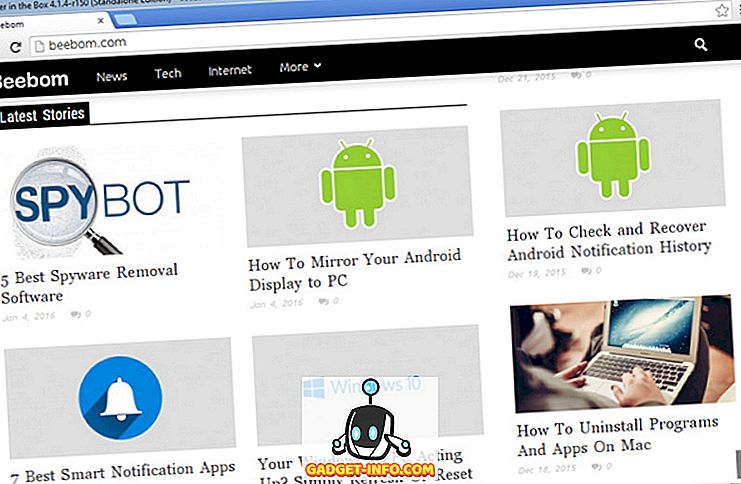

the add company have lost the core value of making really good adds. the add-ons and pop ups are very irritating, sick mother fucking adds. most spy on you and tap every move you make. I do bench mark all theses browsers and haven't found any to be really good. inter explorer is very sad state of affairs, its utter rubbish and very slow compare to the rest. someone has to come up with a better browser, yahoo is dumb, safari is crap. It has the same engine as Firefox, but it is much more lighter in terms of GUI speed and system load.įirefox has a lot of flaws, it opens very to slowly, I got fed up and switched to Google, I personally don't like Google they are like spies, same goes with Facebook a bastard network site. Try new K-Meleon 74 and you'll see what is REALLY FAST browser. If you vote for Chrome, Firefox, Opera etc.

Other factors like performance and security aside, it’s unlikely to drain your battery as fast as competing browsers.Your right, its all abouf what's good for the gander. The bottom line is to make the most out of your limited battery life on a MacBook, you’re better off using Safari. If battery life is at all important to you, avoid Vivaldi at least until the developers release some solid updates. With an energy impact of around 67 with just Guiding Tech loaded, it was sucking more from your battery than Safari was with a video playing. These scores are significantly higher than Safari’s scores and thus, these browsers have more of a negative impact on battery life.ĭespite its rich feature set, Vivaldi pathetically lost this competition. Once again, when a YouTube video started playing in a second tab, energy impacts jumped up to between 40 and 60 and would fluctuate for all of them. Generally speaking, with just Guiding Tech as the sole open tab, they each had an energy impact of 10 to 15. Opera, Chrome and Firefox were all pretty close to each other with their scores. And the convenient part about that is your Mac already has it installed. Safari has the best power efficiency out of any browser I tested. With a video playing, it fluctuated between 10 and 20 but stayed around 12. At some points it got down as low to 0.2, but generally hovered around 2. While only having one tab open for Guiding Tech, Safari’s energy impact fluctuated between 0 and 3.

Some of the other browsers had higher energy impacts without video than Safari did with video. Safari beat all the other browsers on the Mac in terms of power efficiency. The two scores for each browser represent impact with video and without.
#Best browser for mac 2016 software#
I also made sure to disable all extensions in all browsers and that no pages were loading, since loading a page will always quickly spike energy impact.īrowsers used were Safari, Chrome, Firefox, Opera and Vivaldi. I used Apple’s Activity Monitor app that comes with every Mac running the latest software to determine which browsers had the highest energy impact and lowest energy impact. The other test just had, omitting the video. One had open in one tab with a YouTube video playing in another. The Experimentįor my control I tried to be as practical as possible in relating to how people use web browsers most often. less taxing on your battery life) for Mac and see how they stack up. Take a look on some of the browsers that have proven to be the most power efficient (i.e. This time, it’s juicy | Photo: dolphfyn / Shutterstock Power efficiency and performance are not always directly proportional to each other, so it’s important for you to find your perfect balance in a browser. Does this mean that more power efficient browsers will also have lower performance? Well, not necessarily. That’s because some are designed to be more power efficient than others. The browser you use can have a tremendous impact on the battery life of your laptop.


 0 kommentar(er)
0 kommentar(er)
